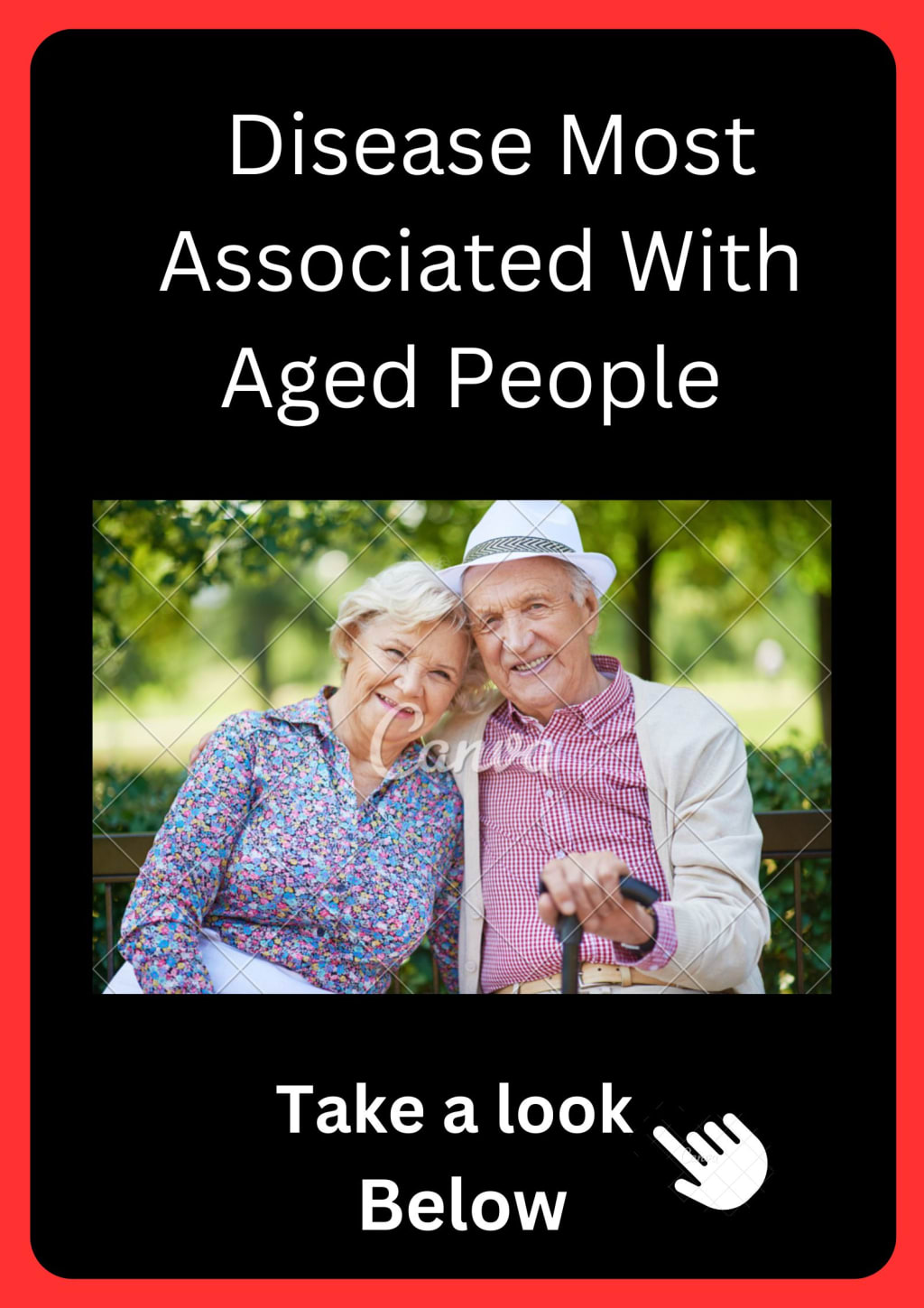Understanding Parkinson's Disease: Causes, Symptoms, Prevention, and Management
Understanding Parkinson's Disease: Causes, Symptoms, Prevention, and Management

Causes of Parkinson's Disease
The exact cause of Parkinson's disease remains unknown, but research has identified several factors that may contribute to its development:
1. **Genetic Factors**: Certain genetic mutations are associated with Parkinson's disease, such as mutations in the LRRK2, PARK7, and PINK1 genes. While most cases of Parkinson's are sporadic, about 10-15% are linked to genetics.
2. **Environmental Factors**: Exposure to certain toxins, such as pesticides, herbicides, and industrial chemicals, has been linked to an increased risk of Parkinson's disease. Additionally, rural living and drinking well water may elevate the risk due to potential exposure to these substances.
3. **Age**: The risk of developing Parkinson's increases with age. Most people diagnosed with the disease are over the age of 60.
4. **Gender**: Men are more likely to develop Parkinson's disease than women.
5. **Family History**: Having a close relative with Parkinson's increases the risk of developing the disease.
Symptoms of Parkinson's Disease
Parkinson's disease symptoms can be broadly categorized into motor and non-motor symptoms.
Motor Symptoms
1. **Tremors**: Involuntary shaking, often starting in the hands or fingers. Resting tremor is common, meaning it occurs when the limb is at rest.
2. **Bradykinesia**: Slowness of movement, making simple tasks difficult and time-consuming.
3. **Muscle Rigidity**: Stiffness in the muscles, leading to a reduced range of motion and pain.
4. **Postural Instability**: Impaired balance and coordination, increasing the risk of falls.
5. **Gait Changes**: Shuffling steps, difficulty starting or stopping movement, and reduced arm swing while walking.
Non-Motor Symptoms
1. **Cognitive Impairment**: Memory problems, difficulty concentrating, and in severe cases, dementia.
2. **Mood Disorders**: Depression, anxiety, and apathy.
3. **Sleep Disturbances**: Insomnia, restless leg syndrome, and rapid eye movement (REM) sleep behavior disorder.
4. **Autonomic Dysfunction**: Problems with blood pressure regulation, digestion, and bladder control.
5. **Sensory Symptoms**: Loss of sense of smell and pain in various parts of the body.
Diagnosis of Parkinson's Disease
Diagnosing Parkinson's disease involves a combination of medical history evaluation, clinical examination, and diagnostic tests. While no specific test can definitively diagnose Parkinson's, certain tests can help rule out other conditions and support the diagnosis.
Medical History and Physical Examination
A neurologist will assess the patient's medical history and conduct a thorough physical examination to identify the presence of characteristic symptoms.
Diagnostic Tests
1. **DaTscan**: A specialized imaging test that visualizes dopamine transporters in the brain. It helps differentiate Parkinson's disease from other disorders with similar symptoms.
2. **MRI and CT Scans**: These imaging techniques help rule out other brain disorders that may cause similar symptoms.
3. **Blood Tests**: To exclude other conditions with similar presentations, such as thyroid disorders or metabolic problems.
Treatment Options for Parkinson's Disease
While there is no cure for Parkinson's disease, various treatments can help manage symptoms and improve quality of life.\
Medications
Medications play a crucial role in managing Parkinson's disease symptoms. The primary goal is to increase dopamine levels in the brain or mimic its effects.
1. **Levodopa**: The most effective medication, converted to dopamine in the brain. Often combined with carbidopa to reduce side effects.
2. **Dopamine Agonists**: Mimic dopamine effects, including pramipexole, ropinirole, and rotigotine.
3. **MAO-B Inhibitors**: Prevent the breakdown of dopamine, such as selegiline and rasagiline.
4. **COMT Inhibitors**: Extend the effect of levodopa by inhibiting its breakdown, including entacapone and tolcapone.
5. **Anticholinergics**: Help control tremors and muscle rigidity, such as trihexyphenidyl and benztropine.
6. **Amantadine**: Provides short-term relief of mild symptoms.
Surgical Options
For patients with advanced Parkinson's disease who do not respond well to medications, surgical options may be considered:
1. **Deep Brain Stimulation (DBS)**: Involves implanting electrodes in specific brain areas to deliver electrical impulses, improving motor symptoms.
- [Deep Brain Stimulation Explained Video](https://www.youtube.com/watch?v=O7hOeKN9-Ys)
2. **Lesioning Procedures**: Techniques such as pallidotomy or thalamotomy that create small lesions in the brain to alleviate symptoms.
### Physical and Occupational Therapy
Physical and occupational therapy can help improve mobility, flexibility, and independence in daily activities.
1. **Physical Therapy**: Focuses on exercises to improve strength, balance, and coordination.
- [Parkinson's Disease Exercise Program](https://www.youtube.com/watch?v=v1R9z_4vT_Y)
2. **Occupational Therapy**: Helps patients adapt their environment and develop strategies to perform daily tasks more efficiently.
Lifestyle Adjustments and Self-Care
Adopting a healthy lifestyle can significantly improve the quality of life for individuals with Parkinson's disease.
Nutrition
A balanced diet can help manage symptoms and promote overall health.
1. **High-Fiber Foods**: Prevent constipation, a common issue in Parkinson's.
2. **Antioxidant-Rich Foods**: Protect brain cells from damage.
3. **Adequate Hydration**: Prevent dehydration and support overall health.
- [Diet and Nutrition Tips for Parkinson's Disease](https://www.youtube.com/watch?v=WfV0e0rODq4)
Exercise
Regular exercise can improve mobility, flexibility, and overall well-being.
1. **Aerobic Exercises**: Such as walking, swimming, or cycling.
2. **Strength Training**: To maintain muscle mass and strength.
3. **Flexibility Exercises**: Such as yoga or tai chi to improve range of motion and balance.
- [Exercise Tips for Parkinson's Disease](https://www.youtube.com/watch?v=QrfauoPoEFs)
Mental Health
Managing mental health is crucial for individuals with Parkinson's disease.
1. **Counseling and Support Groups**: Provide emotional support and coping strategies.
2. **Mindfulness and Relaxation Techniques**: Such as meditation and deep breathing exercises.
- [Mental Health Strategies for Parkinson's Disease](https://www.youtube.com/watch?v=FgTXh8_-Pz8)
Prevention of Parkinson's Disease
While there is no guaranteed way to prevent Parkinson's disease, certain lifestyle choices and preventive measures may reduce the risk:
1. **Healthy Diet**: A diet rich in fruits, vegetables, whole grains, and lean proteins can support overall brain health.
- [Foods That May Help Prevent Parkinson's](https://www.parkinson.org/Understanding-Parkinsons/Treatment/Nutrition/Food-and-Supplements)
2. **Regular Exercise**: Engaging in regular physical activity can improve brain health and reduce the risk of neurodegenerative diseases.
- [Exercise and Parkinson's Disease Prevention](https://www.parkinson.org/Understanding-Parkinsons/Treatment/Exercise)
3. **Avoiding Toxins**: Limiting exposure to pesticides, herbicides, and industrial chemicals can reduce environmental risk factors.
- [Environmental Factors and Parkinson's Disease](https://www.parkinson.org/Understanding-Parkinsons/What-is-Parkinsons/Causes)
4. **Protecting Head Health**: Preventing head injuries through the use of helmets and seat belts can reduce the risk of developing neurodegenerative conditions.
Conclusion
Parkinson's disease is a complex and progressive condition that affects millions of people worldwide. While there is currently no cure, understanding the disease, its symptoms, and the various treatment options can help individuals manage the condition effectively and maintain a good quality of life. By adopting a healthy lifestyle, staying informed, and seeking support, those living with Parkinson's and their caregivers can navigate the challenges of the disease with resilience and hope.
About the Creator
Enjoyed the story? Support the Creator.
Subscribe for free to receive all their stories in your feed. You could also pledge your support or give them a one-off tip, letting them know you appreciate their work.






Comments
There are no comments for this story
Be the first to respond and start the conversation.